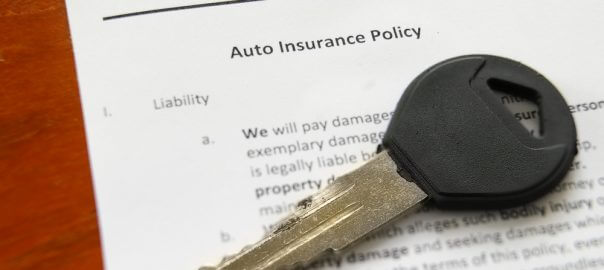
Uber and Lyft: Understanding Commercial vs Personal Auto Insurance
In the last decade, ride-sharing services like Uber moved from novelty acts to a common form of transportation. At the same time, many people have signed up to drive for one or more of these services with the hope of making a little extra money on the side. Uber currently claims to employ a little over 3 million drivers worldwide, with other services like Lyft also boasting a large number of drivers.
With numbers like this, it’s necessary to understand how something as important and basic as car insurance works with an online ride service. Even though these services require drivers to have car insurance, depending on where the driver lives, a regular insurance policy might not be enough. This is why you need to know the difference between personal and commercial auto insurance.
Personal Auto Insurance
Personal insurance is the standard insurance that every driver is required to purchase before they are allowed to drive. Depending on the amount of coverage purchased, these policies can cover you and others in the event of an accident.
Personal insurance only covers you when you are driving your vehicle for personal reasons — and this is where the problem can occur with a service like Uber. Because driving for a ride-share company is considered work, and not personal, many insurance companies do not cover accidents in a situation like this. If you are in an accident while driving for Uber and you only have personal insurance, you could be in serious trouble. Before you start your business, always check your policy and call your insurance agent to review your coverage.
Commercial Auto Insurance
As the name implies, commercial auto insurance is designed to protect a company and its employees. A commercial policy covers driving that happens during the course of a workday, and it typically covers all employees that work for a company as well.
Commercial insurance typically costs more than personal insurance does, which can almost defeat the purpose of driving for Uber in the first place. While commercial insurance is not always required for ridesharing, local and state laws can vary, so it’s important to know the laws where you live.
Uber Insurance
Even though Uber, Lyft and the others are independent contractors, and therefore not subject to the rules of commercial insurance, they do offer a limited amount of coverage — as long as the app is on and you are currently en route to or driving a passenger. If you find yourself in an accident at those times, the ridesharing company offers liability, which can help with damages to the other vehicle and occupants. This insurance does not, however, cover your own vehicle or person.

 Previous Post
Previous Post Next Post
Next Post